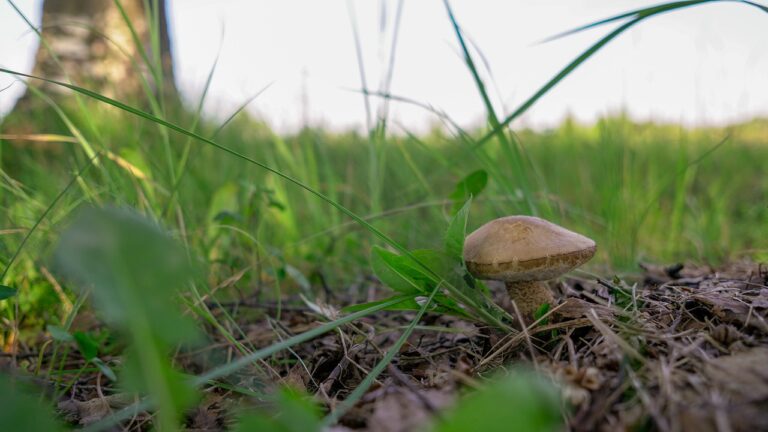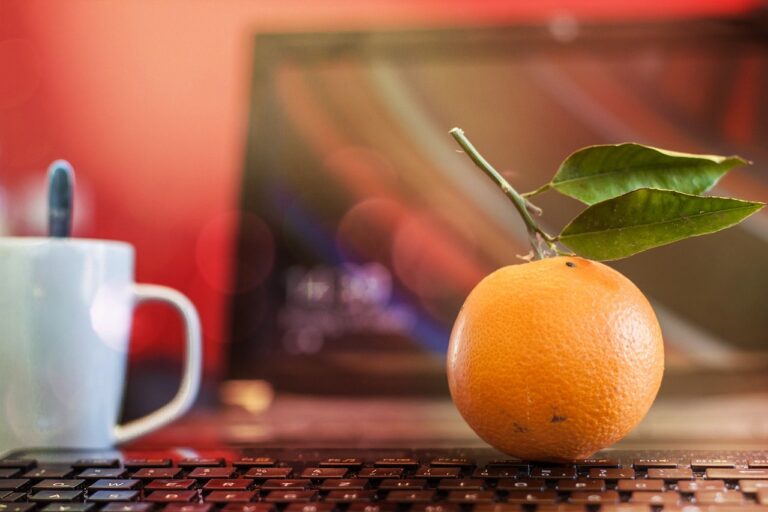Engineering Microbes for Biodegradation of Plastic Waste: World7.com, Mahadev app login, Silverexch login
world7.com, mahadev app login, silverexch login: Engineering microbes for biodegradation of plastic waste has emerged as a promising solution to tackle the increasing environmental burden posed by plastic pollution. With millions of tons of plastic waste generated each year, finding sustainable ways to break down plastics and reduce their impact on the environment is crucial.
Microbes, such as bacteria and fungi, have the natural ability to degrade various organic compounds, including plastics. By engineering these microbes to enhance their plastic-degrading capabilities, scientists are working towards developing innovative biotechnological solutions for plastic waste management.
Here are some key points to consider when it comes to engineering microbes for biodegradation of plastic waste:
Understanding plastic degradation mechanisms:
Microbes can break down plastics through a process known as enzymatic degradation. Enzymes produced by these microbes can catalyze the breakdown of complex plastic molecules into smaller, more manageable compounds that can be further metabolized by the microorganisms.
Engineering microbes for plastic degradation:
Scientists are actively involved in genetically modifying microbes to produce enzymes specifically tailored for breaking down plastics. By introducing genes coding for plastic-degrading enzymes into microbial genomes, researchers can enhance the efficiency and speed of plastic degradation processes.
Optimizing degradation conditions:
Various factors, such as temperature, pH, and nutrient availability, can influence the efficacy of microbial plastic degradation. By optimizing these conditions, scientists can maximize the activity of engineered microbes and accelerate the biodegradation of plastic waste.
Harnessing microbial consortia:
In addition to single species, microbial consortia consisting of multiple species working together can also be engineered for plastic degradation. Each member of the consortium may possess unique plastic-degrading capabilities, synergistically enhancing the overall degradation efficiency.
Monitoring and control strategies:
Monitoring the progress of microbial plastic degradation is essential to ensure its effectiveness and environmental safety. Developments in biotechnology have enabled the use of sophisticated analytical techniques to track the degradation process and assess its impact on the surrounding environment.
Future prospects and challenges:
While engineering microbes for biodegradation of plastic waste holds great potential, several challenges need to be addressed. These include the scalability of microbial degradation processes, regulatory considerations, and potential ecological impacts. Continued research and innovation are essential to overcome these challenges and realize the full potential of biodegradable plastics.
FAQs:
Q: Can engineered microbes degrade all types of plastics?
A: While engineered microbes have shown promise in degrading certain types of plastics, their effectiveness may vary depending on the chemical composition and structure of the plastic materials. Research is ongoing to expand the range of plastics that can be efficiently degraded by engineered microbes.
Q: Is microbial plastic degradation environmentally safe?
A: When properly controlled and monitored, microbial plastic degradation can be environmentally safe. However, it is essential to assess the potential ecological impacts of using engineered microbes for plastic waste management and implement appropriate safety measures to mitigate any risks.
Q: How long does it take for engineered microbes to degrade plastic waste?
A: The timeframe for microbial plastic degradation can vary depending on various factors, such as the type of plastic, the efficiency of the engineered microbes, and the environmental conditions. In some cases, microbial degradation processes can take weeks to months to complete.
In conclusion, engineering microbes for biodegradation of plastic waste represents a promising approach to addressing the global plastic pollution crisis. By leveraging the natural capabilities of microbes and enhancing them through genetic engineering, we can pave the way for a more sustainable and environmentally friendly future.







